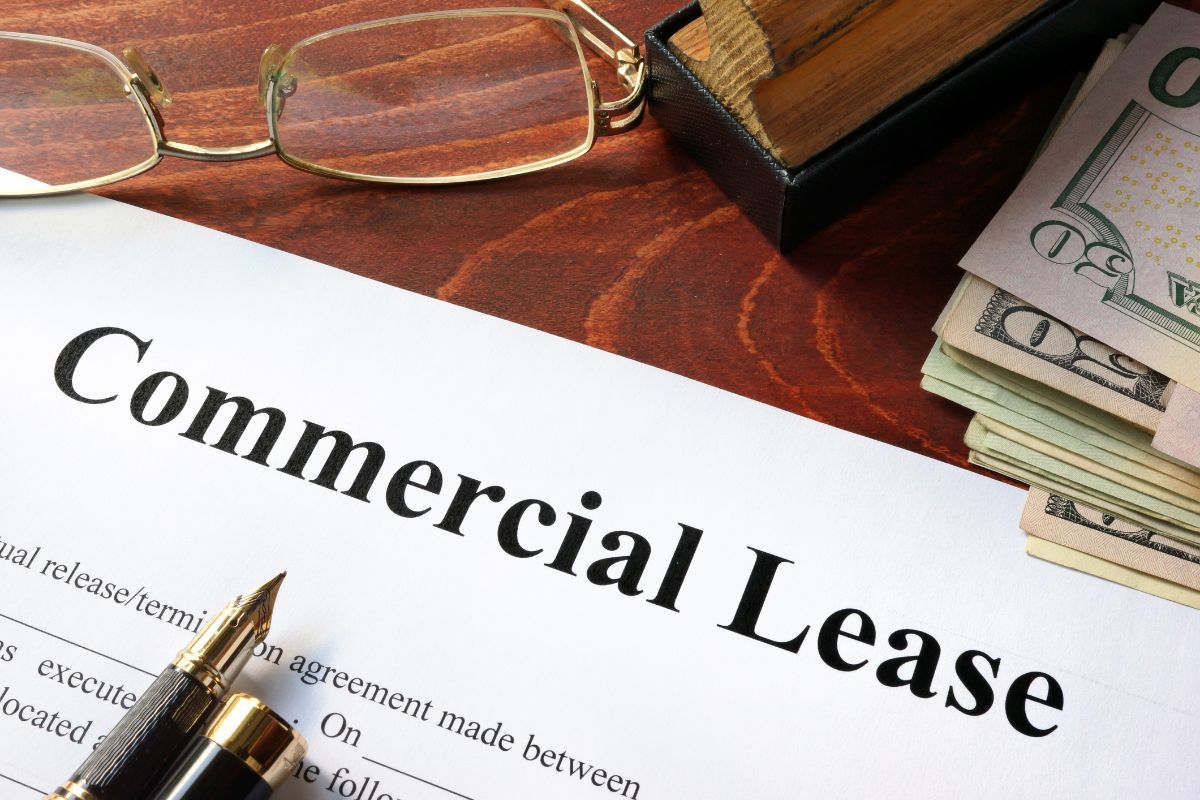Arizona law provides for different types of rates or rental charges in commercial leases. As a party to any commercial real estate transaction, you should know the distinctions between these rental rates and how they might affect your tenancy. Whether you need legal advice and guidance during your real estate transaction or legal representation when a transaction ends in a dispute, an Arizona real estate lawyer can assist you.
Commercial lease rates vary according to the extent to which the tenant’s base rental rate includes payment for the building’s operating and/or occupancy expenses. Operating expenses typically include property taxes, insurance premiums, and maintenance costs for common areas. On the other hand, occupancy expenses include janitorial services and payment of basic utilities, such as water, gas, and electrical service. When paying for any portion of operating and occupancy expenses, parties should clearly define what specific operating and occupancy expenses are included and not included in base rental rates. Tenants also should determine whether they are to pay any operating and occupancy expenses as additional rent to the landlord or whether they are to pay expenses directly to third-party providers, such as utility companies.
Gross Commercial Leases
In a gross or full-service commercial lease, the tenant pays the base rental rate to the landlord. The landlord is responsible for paying the building’s operating and occupancy expenses. As a result, the base rental rate for gross commercial leases is typically higher than in other commercial leases. Still, the tenant must pay only one monthly bill to cover all necessary office expenses.
However, some gross commercial leases also require the tenant to pay some share of operating expenses. In this situation, a gross commercial lease may establish a “base year,” which defines the expenses included in the tenant’s base rental rate. Then, in subsequent years, a gross commercial lease may require tenants to pay a proportionate share of any increase in those expenses beyond the base year amounts or any operating expenses they incur beyond the base year amounts.
Net Commercial Leases
In a net commercial lease, a tenant pays a base rental rate that includes their pro rata share of operating expenses for the building plus all occupancy costs. Again, typical operating expenses in net commercial leases include common maintenance area (CAM) fees, property taxes, and insurance premiums.
A landlord calculates a tenant’s pro rata share of operating expenses in a net commercial lease by determining the total operating cost per square foot for all rentable space in the building. Each tenant’s share of that sum is based on the percentage of space rented and occupied by that tenant.
There are three varieties of net commercial leases: triple net / “NNN,” double net / “NN,” and single net / “N” leases. A triple net lease is the opposite of a gross lease in that the tenant is responsible for rent, utilities, and the property’s operating expenses, including CAM fees, insurance premiums, and property taxes. A double net lease makes the tenant liable for rent, utilities, property taxes, and insurance premiums; however, the landlord is responsible for CAM fees. Finally, in a single net lease, the tenant pays only for rent, utilities, and property taxes, with the landlord paying the remaining operating expenses.
Modified Gross Leases
In a modified gross lease, the tenant is responsible for paying a base rental rate, utilities, and some operating expenses. The details of modified gross leases can vary widely.
For instance, some modified gross leases provide that a tenant pay no operating expenses in the first year but a pro-rata share of certain operating expenses in the second and subsequent years. As a result, this type of lease arrangement makes it important to determine which operating expenses are included and the estimated costs of each operating expense.
Contact Us Today for Help with Your Real Estate Law Issues
The real estate attorneys of Provident Law have over 200 years of combined legal experience. We aim to build a relationship with you and our clients as we work with you through your most complex legal problems. Call us today at (480) 388-3343 or contact us online to see what we can do for you.


